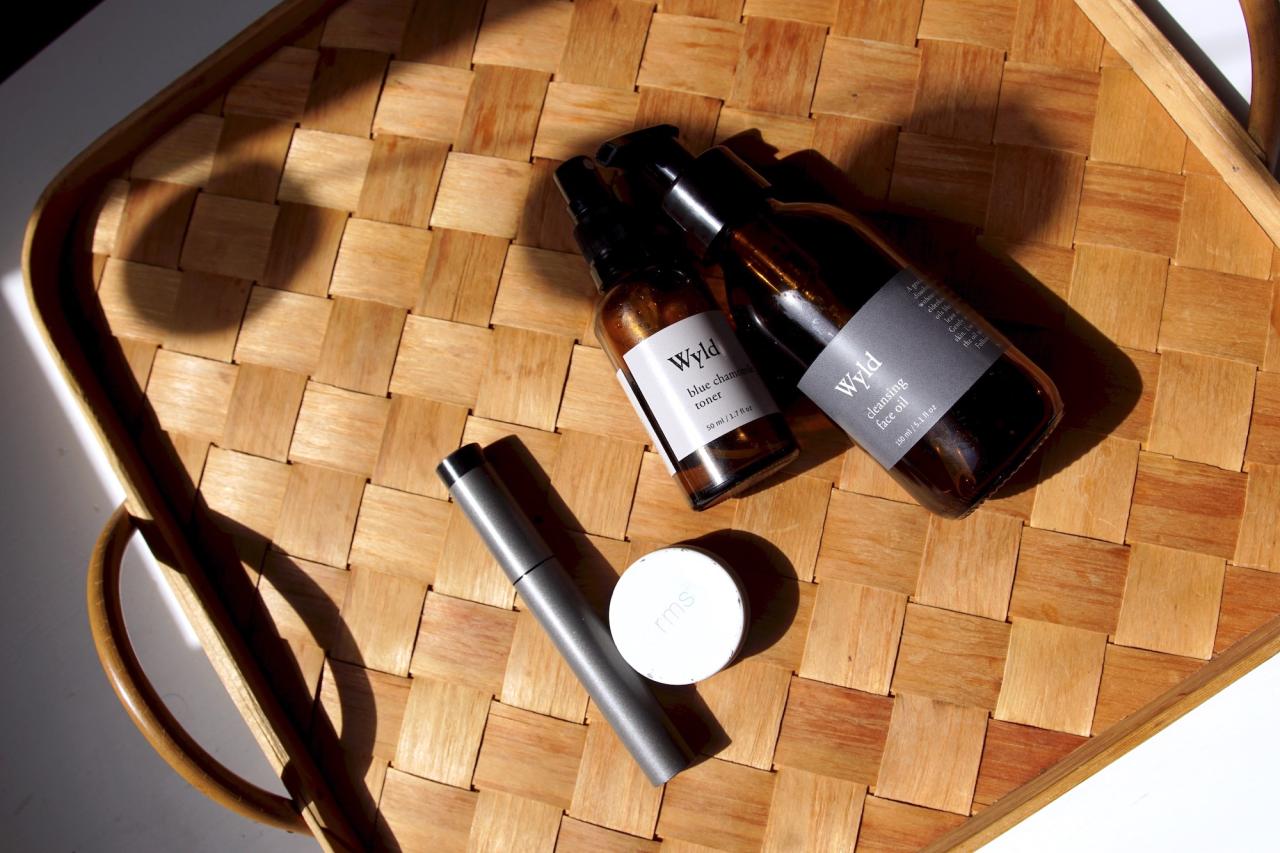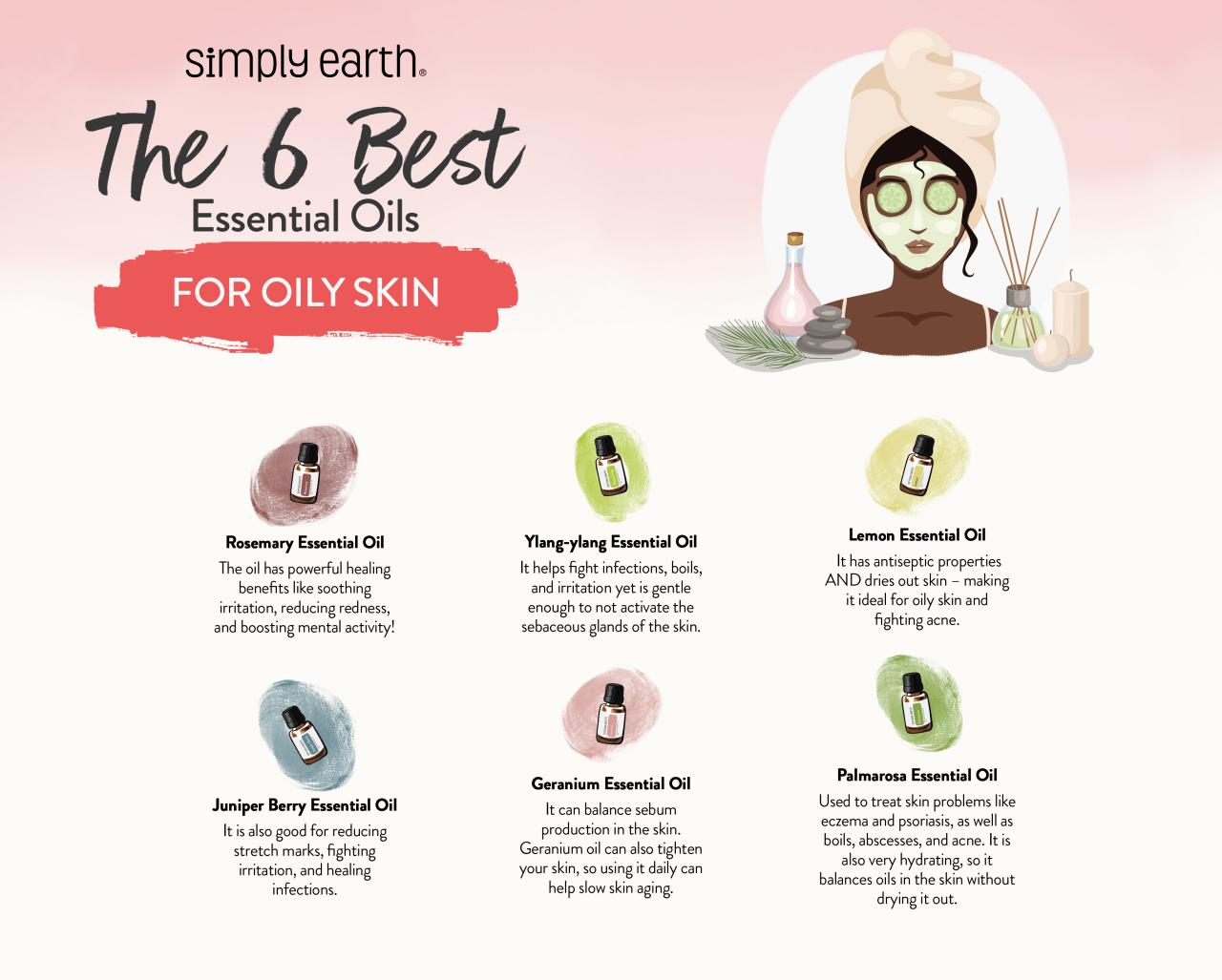Long term effects of using cleansing oil on skin health: Is that nightly oil cleanse actually doing your skin good, or is it secretly plotting against your complexion? We delve into the fascinating world of cleansing oils, exploring whether they’re a skincare superhero or a sneaky villain in disguise. From hydration heroes to acne antagonists, we’ll uncover the truth behind the oil slick.
This exploration will examine the long-term impact of cleansing oils on various skin types and conditions. We’ll investigate how different oils affect hydration levels, the skin barrier, and even the appearance of wrinkles. Get ready to discover if your cleansing oil is a friend or foe in your quest for radiant skin!
Cleansing Oils: A Deep Dive into Long-Term Skin Health
Oh, cleansing oils. The slick, luxurious saviors of makeup-laden faces. But are these oily wonders truly a long-term friend to your skin, or a fleeting fling with potentially disastrous consequences? Let’s delve into the science (and a little bit of fun) behind cleansing oils and their impact on your complexion over time.
Introduction to Cleansing Oils and Their Ingredients

Cleansing oils aren’t just any oils; they’re carefully selected blends designed to dissolve makeup, sebum, and other impurities without stripping your skin of its natural moisture. Think of them as tiny oil-based magnets, attracting and lifting away the grime.
- Jojoba Oil: Chemically similar to our skin’s sebum, it’s a gentle and non-comedogenic (meaning it’s unlikely to clog pores) option, suitable for most skin types.
- Argan Oil: Rich in antioxidants and fatty acids, it’s a luxurious choice that nourishes and protects the skin, ideal for dry or mature skin.
- Olive Oil: A kitchen staple with skincare benefits! Its high oleic acid content provides moisturizing and anti-inflammatory properties.
These oils contain various fatty acids (like oleic, linoleic, and palmitic acids), which contribute to their moisturizing and emollient properties. The specific blend and concentration of these ingredients determine the oil’s overall effectiveness and suitability for different skin types.
The mechanism is simple yet elegant: “like dissolves like.” The oil in the cleanser dissolves the oil-based impurities (makeup, sebum) on your skin, allowing for easy removal with a warm, damp cloth or rinse.
Immediate Effects of Cleansing Oil Use on Skin
The immediate aftermath of an oil cleanse can be quite dramatic, depending on the oil and your skin type. Let’s compare it to other cleansing methods.
Compared to harsh foaming cleansers that can leave skin feeling tight and dry, cleansing oils offer a surprisingly soft and supple feel. Micellar water provides a gentle cleanse but may not remove stubborn makeup as effectively. The immediate effect of cleansing oil is often a feeling of luxurious hydration and smoothness, with makeup completely dissolved and gone.
However, potential negative reactions, though rare, include a slight initial greasiness if not properly emulsified (mixed with water) and removed, or a breakout if using a comedogenic oil on acne-prone skin.
Long-Term Effects on Skin Hydration and Barrier Function

The long-term benefits of cleansing oils often lie in their impact on skin hydration and barrier function. The skin’s barrier is like a protective wall, keeping moisture in and irritants out. Disrupting this barrier can lead to dryness, sensitivity, and other issues.
| Time Period | Hydration Level (%) | Skin Type | Cleansing Method |
|---|---|---|---|
| Baseline | 45 | Combination | Foaming Cleanser |
| After 1 Month (Cleansing Oil) | 55 | Combination | Cleansing Oil |
| After 3 Months (Cleansing Oil) | 60 | Combination | Cleansing Oil |
| Baseline | 30 | Dry | Foaming Cleanser |
| After 1 Month (Cleansing Oil) | 40 | Dry | Cleansing Oil |
| After 3 Months (Cleansing Oil) | 45 | Dry | Cleansing Oil |
While anecdotal evidence and some smaller studies suggest improved hydration and barrier function with consistent cleansing oil use, larger-scale, long-term studies are still needed to definitively confirm these benefits across various skin types.
Impact on Acne and Other Skin Conditions
The relationship between cleansing oils and acne is a complex one. While some fear that oils will clog pores and worsen acne, many non-comedogenic oils can actually help balance sebum production and reduce inflammation, potentially benefiting acne-prone skin. However, this depends heavily on the specific oil used and the individual’s skin sensitivity.
For conditions like eczema and rosacea, cleansing oils can offer gentle cleansing without exacerbating dryness or inflammation. However, it’s crucial to choose oils with anti-inflammatory properties and avoid those that might trigger reactions.
Compared to harsh cleansers that can strip the skin’s natural oils and lead to increased sebum production (potentially worsening acne), cleansing oils offer a more balanced approach.
Long-Term Effects on Skin Aging and Texture
The potential anti-aging benefits of cleansing oils stem from their ability to maintain skin hydration and protect the skin barrier. Well-hydrated skin appears plumper and smoother, reducing the appearance of fine lines and wrinkles. Additionally, certain oils contain antioxidants that combat free radical damage, a major contributor to aging.
A hypothetical study could compare the long-term effects of cleansing oil use (e.g., jojoba oil) against a control group using a standard foaming cleanser, measuring parameters like skin elasticity, wrinkle depth, and hydration levels over a period of 6 months to a year.
Factors Influencing Long-Term Effects
Several factors determine the long-term impact of cleansing oils on your skin. It’s not a one-size-fits-all solution.
- Skin Type: Oily skin might benefit from lighter oils, while dry skin thrives with richer options.
- Oil Type: Non-comedogenic oils are generally safer for acne-prone skin.
- Frequency of Use: Overuse can strip the skin, while infrequent use might not provide enough cleansing.
Individual skin sensitivity and reactions also play a crucial role. What works wonders for one person might cause irritation in another.
Proper Cleansing Oil Usage and Recommendations, Long term effects of using cleansing oil on skin health
Mastering the art of cleansing oil application is key to reaping its benefits. It’s not just about slapping it on and hoping for the best.
- Apply a small amount of cleansing oil to dry skin.
- Massage gently into the skin, focusing on areas with makeup or impurities.
- Add lukewarm water to emulsify the oil, creating a milky consistency.
- Rinse thoroughly with water.
- Follow up with a toner and moisturizer to balance and hydrate the skin.
Choosing the right cleansing oil depends on your skin type and concerns. Consult a dermatologist if you have specific skin conditions or are unsure which oil to use.
Final Review: Long Term Effects Of Using Cleansing Oil On Skin Health
So, the verdict’s in on cleansing oils: they’re not a one-size-fits-all solution, but a potentially powerful tool in your skincare arsenal. Choosing the right oil for your skin type and using it correctly can lead to long-term benefits like improved hydration and a healthy skin barrier. However, understanding the potential downsides and paying attention to your skin’s reaction is crucial.
Remember, a little oil can go a long way—toward healthier, happier skin!
